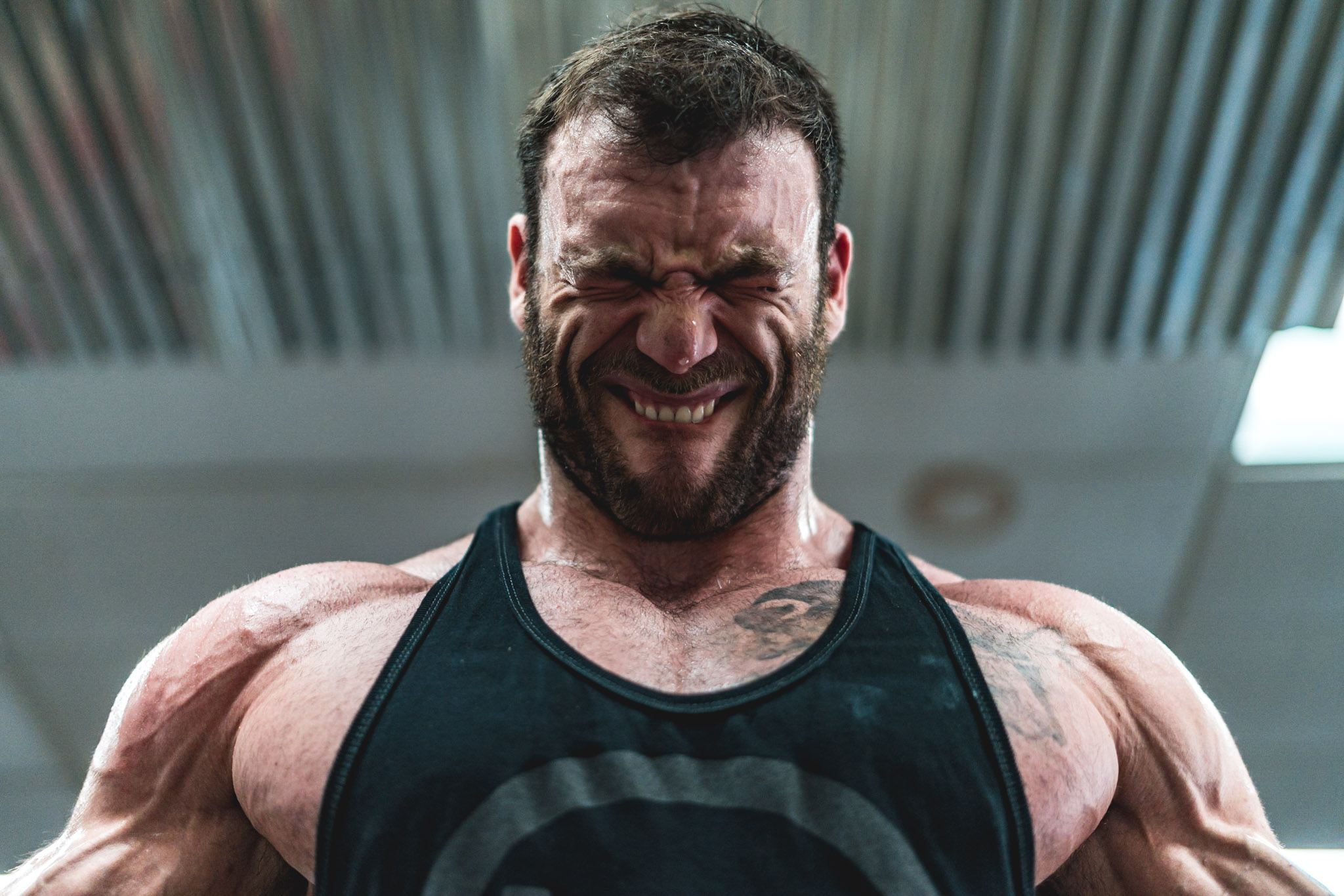
In case you don't get the title.
One of my goals for my Tribute meet prep involves analysis. This is a topic I haven’t really touched on yet, but it’s a really important one for anyone who wants to improve as an athlete, a coach, or both. Good analysis requires objectivity, the ability to criticize constructively, and an open mind. Very few people, in any field, are able to balance all three of those.
I certainly am not one of them. I constantly struggle with analysis — before, during, and after my training. I tend to be overly optimistic when planning a training cycle, overly aggressive during my workouts, and overly pessimistic when reviewing my performance. I think a lot of those tendencies are tied to the “dark side” of motivation, and that’s another reason why I’m so psyched for this Tribute prep. By embracing the joy of training, the dark side doesn’t feel quite so heavy, and that’s really incredible.
But I totally recognize that that’s easier said than done. In this article, and over the next month, I’ll be discussing ways that you can learn to become a better analyst of both yourself and those around you.
Embracing the Positive
This one’s foremost in my mind, so it’s the one I’ll be addressing first. In fact, I already touched on it above: when you focus on the reason you’re lifting in the first place — because it’s fucking fun — it becomes a lot easier to analyze your actual performance objectively.
If you’re struggling to absorb that, try looking at it in another context. Ever played a party game with one of those dudes who’s way to “into” it? You know, the guy who just HAS to win at Charades and is willing to do whatever it takes to make that happen, whether it means looking up the official Charades rulebook and calling out every infraction; blaming his teammates for their ineptitude, or just outright cheating. Nobody likes that guy, but that’s not the point.
How often does that guy actually win? Sometimes, sure — I mean, if he actually cares that much, he’s probably practiced a lot more than everyone else at the party, anyway, so it makes sense that he’d win a lot. But he doesn’t always win, either.
That should tell you something. If you can win at Charades against Mr. Professional Charades Wannabe (PCW), just by playing for fun, then clearly there’s some advantage in playing for fun, right?
Now imagine that you enjoy Charades so much that you play every weekend, maybe with a different group each time — but still always playing for fun. Pretty soon, you’re going to have practiced so much that you’re really damned good at Charades. What do you think happens next time you play with Mr. PCW? Chances are, you kick his ass — and have a lot of fun doing it.
So let’s return to the training context. When you get so wrapped up in your performance that you forget to have fun while you’re training, you’re putting yourself at a disadvantage, just like PCW. In contrast, when you train for fun — assuming you’re following a sound plan, like the one I lay out in Unf*ck Your Program — you’re not only being more productive, but you’re also (wait for it) having more fun. And at the end of the day, that’s the WHOLE POINT OF TRAINING IN THE FIRST PLACE!
It works the other way, too. When it comes to analysis, if you’re having fun while training, you’re not going to be quite as tied to your performance, allowing you to be more objective and keep a more open mind. And there are no downsides!
So: are you having fun with your training? Are your athletes? And if not, why not, and what are you going to do about it? Answer those questions, and you’ll be a better athlete, a better coach, and probably enjoy yourself a hell of a lot more.








